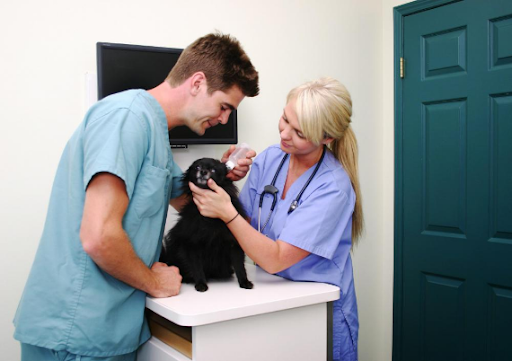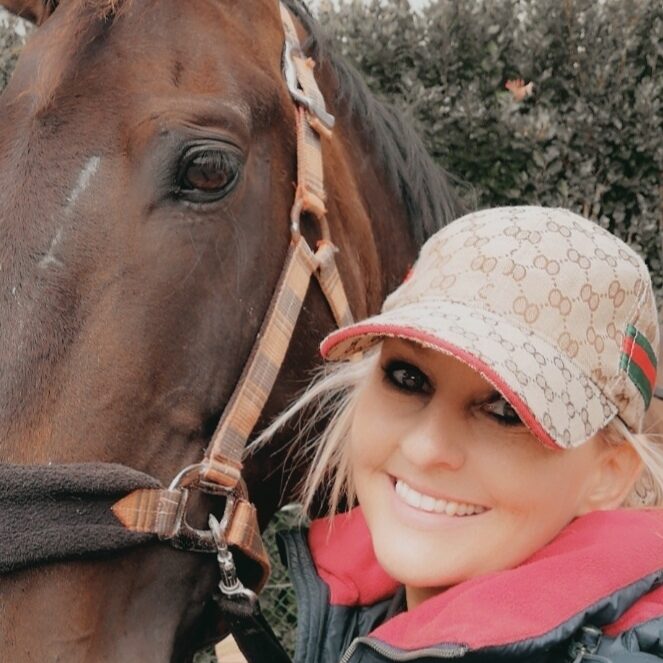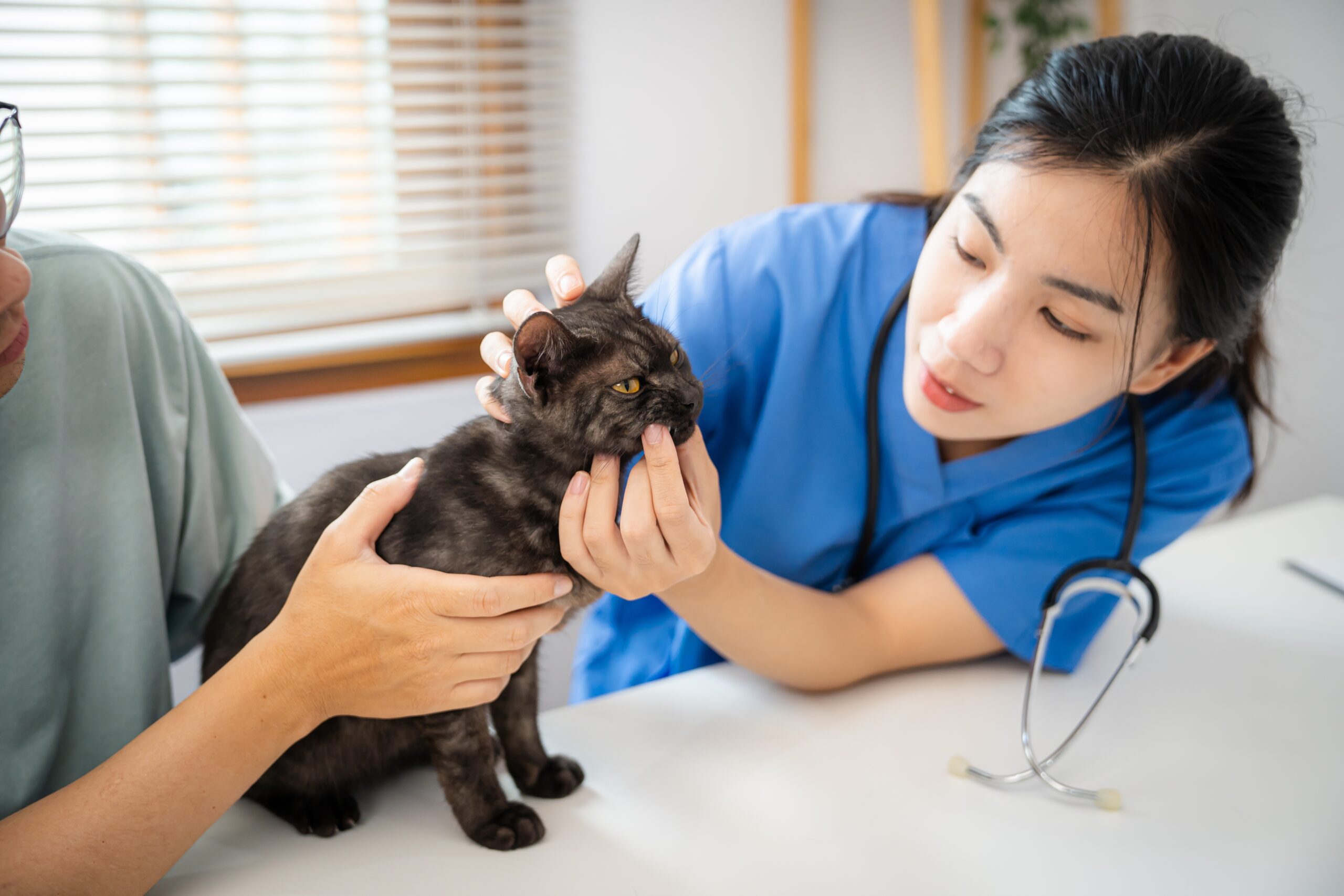I remember when I was a kid growing up – my parents always said that there were three professions we should pursue as they would never go out of demand. Those were a doctor, an undertaker or a vet. Unfortunately, I can’t stand the sight of blood so none appealed to me and it seems that times have changed, because apparently it has never been harder to find vets here in Ireland – particularly in the large animal sector. Long lonely working hours, horrific encounters with animals that are injured, suffering or needing euthanasia every day, witnessing heartbroken owners as just a few of the negatives – it has to be said – it takes a VERY special person to be a vet. Add to that, the increase in suicides amongst vets in recent years and it’s not hard to understand why it’s a profession that more and more people are second guessing about endeavouring on.
I am going to base this article on research I have done here in Ireland, particularly around the Cork area. Starting with the practices, for both small and large animals – many of which have been around for decades – they tend to have a low turnover of staff, so vets know both you and your pet and there is that level of a “personal touch” to the whole experience of visiting your vet. Your pet is known – any background issues are easily remembered with a quick run through a file. They can develop that “friendship” with your animal, which in turn makes it easier on that animal. There is a warm familiarity which, particularly in an emergency and it just for many, makes the whole experience better.
But unfortunately, a lot of these practice owners are now nearing retirement age and I feel this is where the whole corporate sector can use this to their advantage. My research shows that out of most vet practices which have been bought over by these corporations – the common underlying factor is that the original founders and owners – are all nearing the retirement age – or have surpassed it – and with VERY attractive figures being put on the table from these corporations, I can see why so many are choosing to sell. A very nice payout, a life free of business decisions and worries, particularly in this current economic climate. To many – it might be an option they would never have even given thought to – but in reality – is the answer to many prayers.
But – are these prayers, becoming a nightmare to the animals and their owners? Allow me to firstly explain what a Corporate Vet Practice is.
By definition a corporate veterinary practice is one which is owned by a bigger company and is managed by a large team of business people, including a board of directors and shareholders. Often these conglomerates will buy entire cities of smaller businesses and can eventually lead to very little choice or options on where or how customers can get their animals treated.
Corporate vets also tend to have set prices across the board and a higher number of staff, often making it impossible to have that one-on-one relationship as there are different vets on call.Overall a corporate vet practice will have that “corporate” impersonal vibe about it – which for those customers, having been used to the smaller intimate clinics, will struggle to adapt to – or even afford.
But – we also have to look at the pros of Corporate Vets. As a rule – they tend to have more disposable cash to use for the bettering of the clinics – more advanced machines, or the ability to have specialised vets and consultants at their disposal. They also are more appealing to work for.
I spoke to a vet nursing student who informed me that
“Corporate vets can offer more competitive holidays, working hours and pay and so on which can be more attractive – but she also concluded by saying that she would prefer the homely vibe of a local clinic, even though it might mean working longer hours for less pay”.
I can see where this is a dilemma for many vets and nurses – particularly newly qualified ones. But I would think that more attractive pay with fewer hours is what will sway a lot the corporate way.
I did however also hear from a number of equine owners – who had this to say about their thoughts on the whole takeover system:
“It’s a shame it’s going this way. When the next lot of vets over the next number of years retire, there won’t be many family run practices left. It’s all corporate and with that doesn’t come the years of experience that I do feel they need and trust”
“We need to support the locally owned ones if possible, our corporate vet has good vets, but you never see the same one twice”.
“Based on conversations I have had with my own vet, most new vets want small animal practices, but the corporate ones allow them better time off. The costs, length of time to train and academic qualifications to become a vet are limiting those who apply. Full animal practices are being replaced with specialist practices only and the additional charges are then charged for the “specialist” treatment. Good vets are hard to come by and it’s no longer an appealing career to many”

The underlying common ground in all the answers I got – is that it seems people don’t want corporate vets and their ways. It’s not, I believe, a reflection on the actual vets themselves, nor their capabilities, but the fact that the modern day veterinary practice is losing its grasp on the older moralistic side of things and pushing towards a faster turnaround time and more profit. Animals – large and small, will need a vet – some more than others, but as their owners, are we being pushed to go the corporate way with having nowhere else to go?
We cannot ignore the technologically advancing treatments and help that modern day technology can offer our animals either – some of which can only come about due to the investments of the likes of these corporate vets, so it seems that even though it is a worry, or uncomfortable for many – it’s also inevitable.
Change isn’t easy. It’s uncomfortable and new, and it won’t always be perfect. This doesn’t mean it’s not a good change, so keep an open mind as you get used to the new situation.


Share
Your subscription is 100% Free for our first year, No credit card details required.

The Judging Concerns That Keep Coming Back — And Why They Can’t Be Ignored Anymore We didn’t make it to

There are few sporting events that live up to the hype. Wimbledon? Too many strawberries. Cheltenham? Too many suits. But

British Veterinary Association publishes full response to Competition and Markets Authority’s proposed remedies for veterinary market for household pets. The